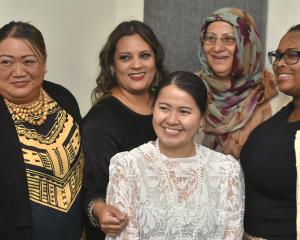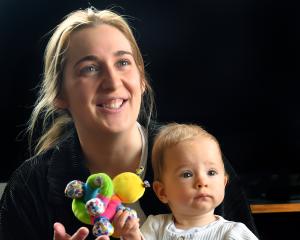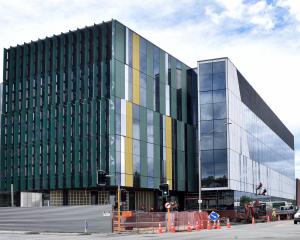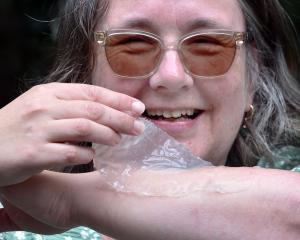
Medsalv’s genesis came when Oliver Hunt’s search for a master’s of engineering thesis topic coincided with a conversation with his surgeon uncle about the amount of waste created by the medical profession.
"I checked that there was a problem and an actual need, then went to the hospital and found a product for which I developed a process, and a year later we had our first purchase order," he said.
"The industry talks about the need for single-use products but in reality a lot of the time those products shouldn’t be ... A lot of it stems from the drive to make money, but ultimately that comes at a price to the planet."
Mr Hunt established that many medical devices are reusable but that they would require extensive testing to ensure that they are safe for use, a cost beyond the budget of many health providers.
Hence, Medsalv collects, cleans, tests and certifies a range of devices — from blood pressure cuffs to patient transfer mattresses — before reselling them, taking that burden away from medical facilities.
"A deep vein thrombosis sleeve, we think, is used 150-180,000 times a year in New Zealand, and before we popped up on the scene they were being thrown out after one use, but we now turn those around for reuse," Mr Hunt said
"We do a lot of non-sterile products but it’s important that they are clean.
"We have always put an incredibly strong focus on quality, so while we are a sustainability company that does not come at the cost of the product being unsafe. The scrutiny that gets applied to our non-critical, non-invasive devices is high compared to sterile services departments ... the last thing we want to do is create a product that harms someone."
Mercy Hospital chief executive Richard Whitney said that the facility had been a customer of Medsalv’s for more than a year, having signed up to improve its efforts on sustainability.
It sends Medsalv, which has climate positive certification, used compression garments, which the firm cleans, sterilises, checks and repackages for sale.
"Mercy has been sending about six cartons of sleeves (about 240 sleeves) to Medsalv every two weeks, and we buy a proportion of our sleeves from them, as well as maintaining a stock of new sleeves," Mr Whitney said.
"We’ve been really impressed with Medsalv’s commitment to quality as well the significant environmental gain, and with this product alone, we’ve diverted well over half a tonne from landfill over the last year."
Mercy was open to working with Medsalv on other products as its operations expanded.
"We commend Oliver Hunt and his team for their entrepreneurship and contribution to sustainability in health care."
Medsalv is also working with Te Whatu Ora Southern and its client base includes 60% of New Zealand’s hospitals.
Mr Hunt said the new centralised Health New Zealand had said it would appoint a sustainability officer, something which offered hope Medsalv could expand its clients and services still further.
"That kind of role didn’t even exist in some DHBs, so they do care about that, and we know that we have the credentials to deliver in line with what they need," he said.
"We are at the tip of the iceberg — there are so many more products that can and should be remanufactured in New Zealand."













